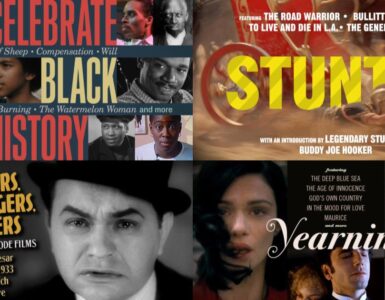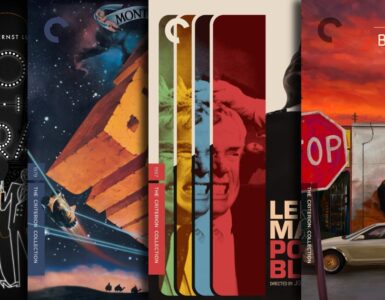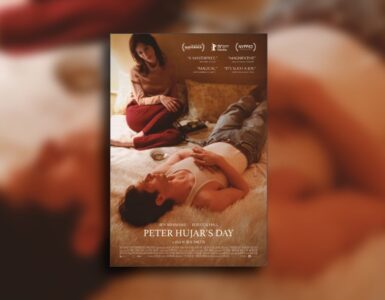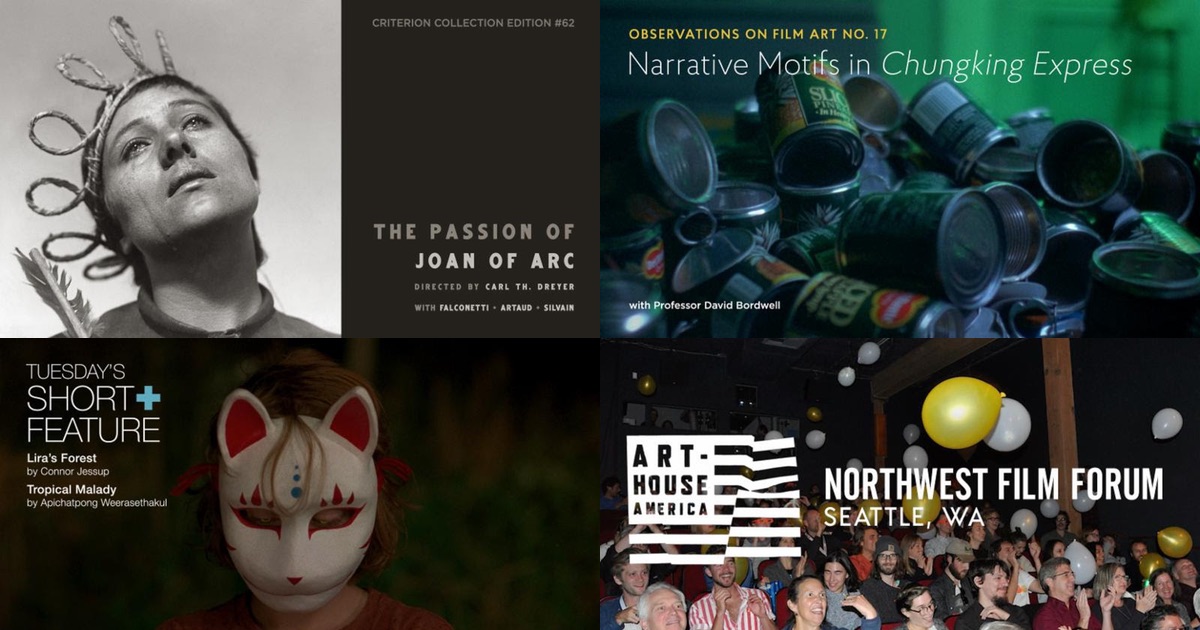
Each month, the fine folks at FilmStruck and the Criterion Collection spend countless hours crafting their channels to highlight the many different types of films that they have in their streaming library. This March will feature an exciting assortment of films, as noted below.
To sign up for a free two-week trial here.
Friday, March 2
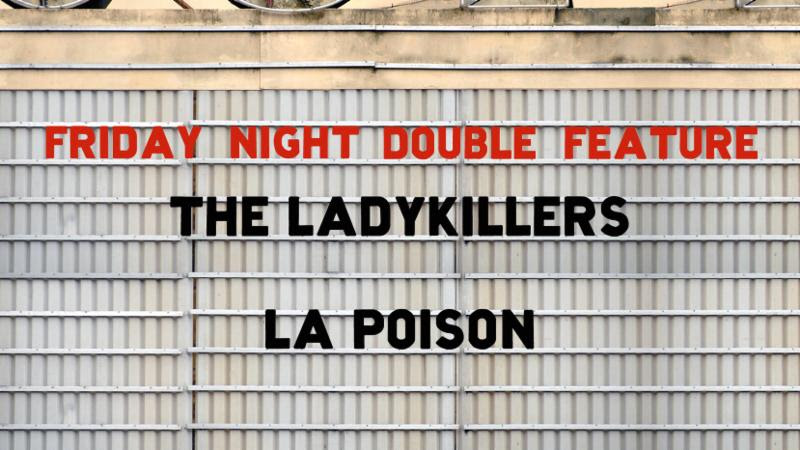
Friday Night Double Feature: The Ladykillers and La poison
Criminal schemes take unlikely targets in these two pitch-dark comedies from the 1950s. In Alexander Mackendrick’s Ealing Studio farce The Ladykillers (1955), a team of thieves (led by Alec Guinness) descends on a boardinghouse run by an elderly widow, who becomes the victim of their misdeeds. In Sacha Guitry’s brisk, witty, and savage La poison (1951), a gardener (Michel Simon) and his wife, fed up after thirty years of marriage, find themselves plotting each other’s murder.
Tuesday, March 6

Tuesday’s Short + Feature: Art* and In the Realm of the Senses
When does art become exploitation? Romanian director Adrian Sitaru’s festival-favorite short Art (2014), a provocative satire about misguided pretensions, observes two filmmakers as they try to convince a mother to let her daughter take the role of a sexually abused child. In order to make their case, they cite Nagisa Oshima’s In the Realm of the Senses (1976), a taboo-shattering art-house film about an all-consuming love affair that created enormous controversy upon its release.
*Premiering on the Channel this month.
Wednesday, March 7

John Cassavetes: Five Films: Edition #250
A former theater actor fascinated by the power of improvisation, John Cassavetes made an indelible mark on American independent cinema, bringing to the screen a visionary approach to performance and a relentless candor about the volatility of ordinary American life. The five films in this collection-all made outside the studio system-are electrifying creations, populated by all manner of humanity. His directorial debut, Shadows (1959), revolves around an interracial romance between two young New Yorkers, while the searing Faces (1968) puts a disintegrating marriage under the microscope. A Woman Under the Influence (1974) stars Gena Rowlands in a singularly harrowing, Oscar-nominated turn as a suburban housewife in the throes of a breakdown. A magnificent performance by another Cassavetes regular, Ben Gazzara, propels The Killing of a Chinese Bookie (1976), a tale about a suave gentleman’s club owner whose gambling debts finally catch up with him. And with Opening Night (1977), which follows a Broadway actor (Rowlands) shaken by the accidental death of a young fan, the director mounted an unflinching investigation into the creative process.
SUPPLEMENTAL FEATURES: Charles Kiselyak’s documentary A Constant Forge-The Life and Art of John Cassavetes (2000), alternate footage, conversations between Gazzara and Rowlands, and more.
Friday, March 9
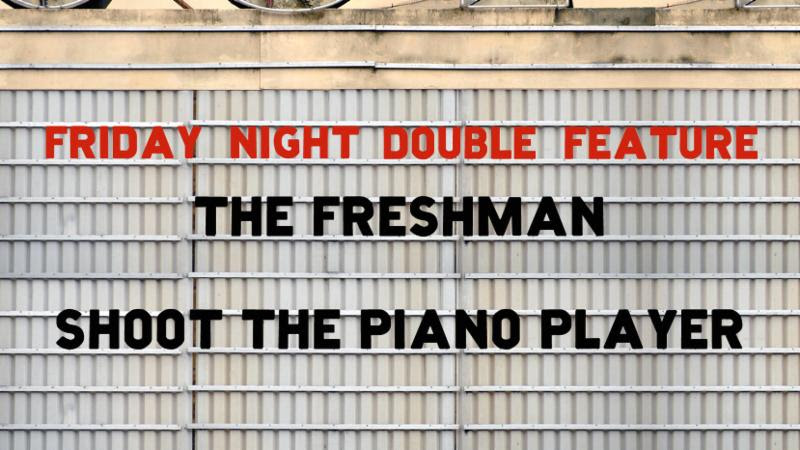
Friday Night Double Feature: The Freshman and Shoot the Piano Player
The criminal underworld snares the unsuspecting in these two playful gangster films. In Andrew Bergman’s 1990 comedy The Freshman, Marlon Brando parodies his iconic performance as Vito Corleone in The Godfather, starring as a mob boss who takes a hapless film student (Matthew Broderick) under his wing. A freewheeling mix of thriller, comedy, and tragedy, François Truffaut’s 1960 Shoot the Piano Player accompanies a down-and-out musician as he finds himself swept up in a love affair and caught in the crosshairs of two crooks.
Tuesday, March 13
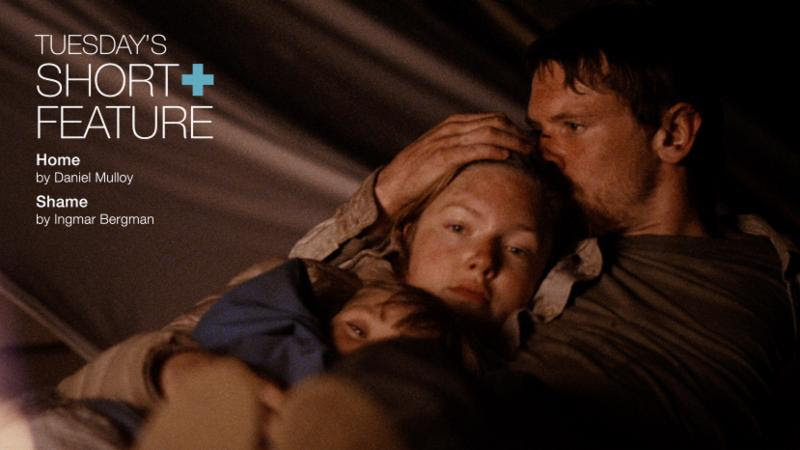
Tuesday’s Short + Feature: Home* and Shame
These unsettling films take a hard look at the nightmarish realties of Europe torn apart by war. An English family’s comfortable life is suddenly thrown into disarray by armed conflict in Daniel Mulloy’s BAFTA Award-winning short Home (2016), a thought-provoking response to the divisive rhetoric surrounding the subject of migration in his native country. In Ingmar Bergman’s underseen masterwork Shame (1968), which came out at the height of the Vietnam War, a couple (Liv Ullmann and Max von Sydow) are confronted with moral dilemmas amid growing civil unrest.
*Premiering on the Channel this month.
Wednesday, March 14
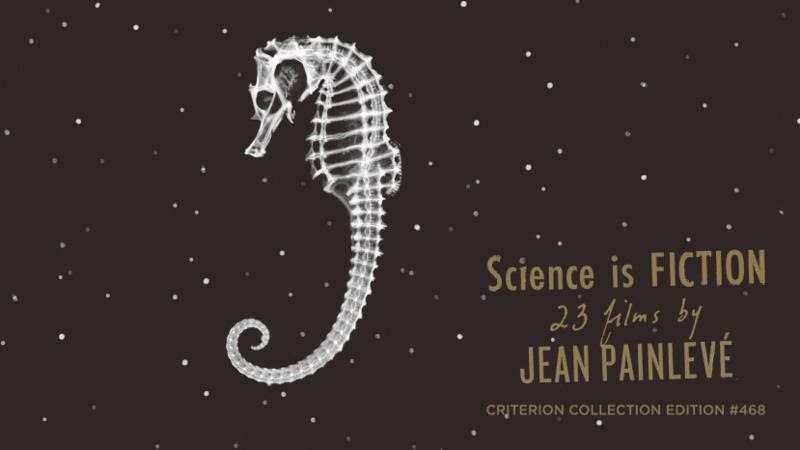
Science Is Fiction: 23 Films by Jean Painlevé*: Edition #468
The mesmerizing, utterly unclassifiable science films of Jean Painlevé (1902–89) have to be seen to be believed: delightful, surrealist-influenced dream works that are also serious science. The French filmmaker-scientist-inventor had a decades-spanning career in which he created hundreds of short films on subjects ranging from astronomy to pigeons to, most famously, such marine-life marvels as the sea horse and the sea urchin. This edition brings together twenty-three of his greatest works, eight of which feature original scores by Yo La Tengo. SUPPLEMENTAL FEATURE: more than two hours of interviews with the filmmaker, drawn from the eight-part television series Jean Painlevé Through His Films, directed by Denis Derrien and Hélène Hazera.
*Premiering on the Channel this month.
Thursday, March 15
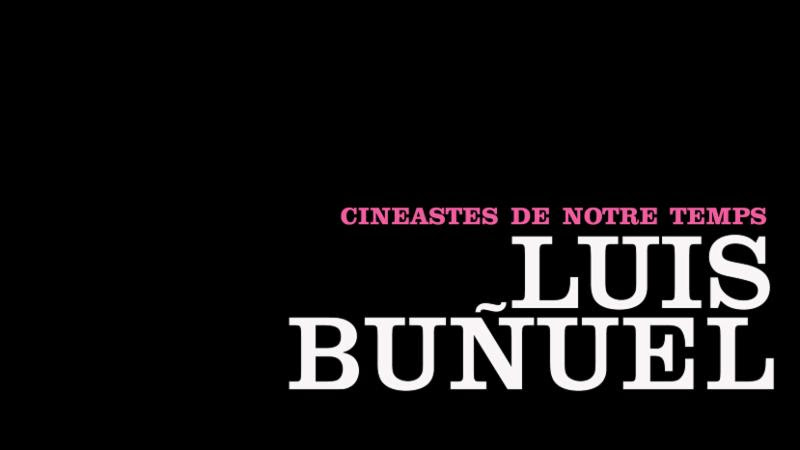
Cinéastes de notre temps: Luis Buñuel
One of the boldest iconoclasts in modern cinema takes the spotlight in this 1964 episode of Cinéastes de notre temps, Jeanine Bazin and André S. Labarthe’s legendary series of filmmaker profiles. Directed by Robert Valey, this thirty-eight-minute portrait features an illuminating conversation with Buñuel, who delves into his artistic philosophy as well as his relationships with fellow luminaries such as Salvador Dalí and Federico García Lorca. Along the way, a host of collaborators, friends, family, and film critics make appearances to talk about the director’s life and work. Watch the film alongside other Cinéastes highlights now streaming on the Channel, including episodes with John Cassavetes, Max Ophuls, and Robert Bresson.
Friday, March 16
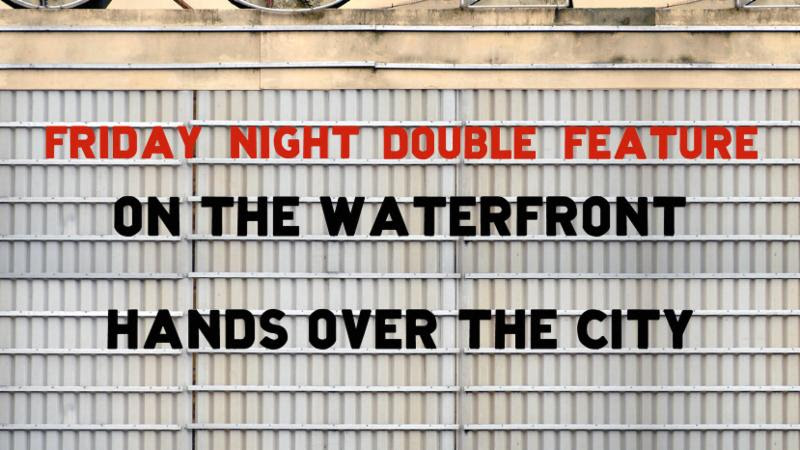
Friday Night Double Feature: On the Waterfront and Hands Over the City
A charismatic performer with a genius for embodying volatile characters, Rod Steiger is at his searing best in this pairing of a beloved Hollywood drama and an Italian social-realist masterpiece. Winner of eight Oscars, Elia Kazan’s 1954 On the Waterfront stars Marlon Brando as a prizefighter-turned-longshoreman forced to decide whether to remain loyal to his mob-connected union boss and his brother (Steiger), who are being chased by the authorities. In Francesco Rosi’s Hands over the City, an exposé of political corruption that took home the Golden Lion at the 1963 Venice Film Festival, Steiger delivers a ferocious performance as a Neapolitan land developer who exploits his political power to profit from a real-estate deal.
Monday, March 19
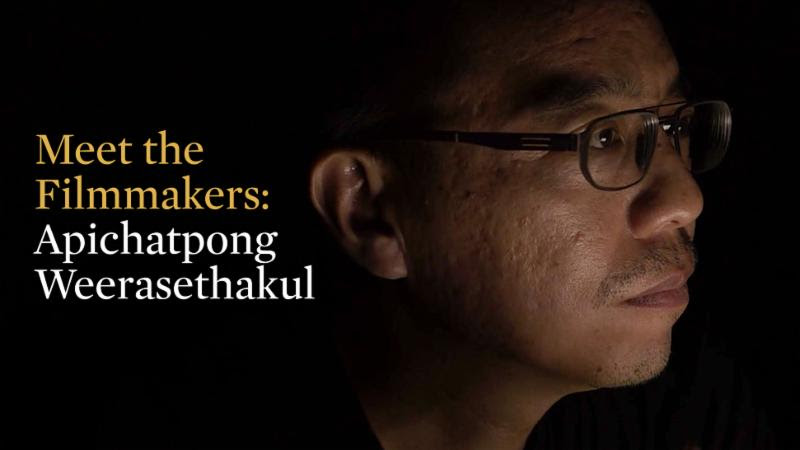
Meet the Filmmakers: Apichatpong Weerasethakul
In the latest entry of Meet the Filmmakers, Canadian actor and filmmaker Connor Jessup profiles Apichatpong Weerasethakul, a maverick of Thai cinema who explores the slippery nature of time and consciousness with a sublimely idiosyncratic, often surreal approach to film form. Shot in the Colombian jungle, where Apichatpong was scouting locations last year for his next project, this rare glimpse at the director’s creative world delves into the dreams and desires that fuel his work. Along with the documentary, the Criterion Channel presents a sampling of his films, including Mysterious Object at Noon (2000), Tropical Malady (2004), Syndromes and a Century (2006), the Cannes award-winning Uncle Boonmee Who Can Recall His Past Lives (2010), and Cemetery of Splendor (2015).
Tuesday, March 20

Tuesday’s Short + Feature: The Colour of His Hair* and Victim
These stirring indictments of social oppression explore a shameful period in British history when homosexuality was forbidden by law. Based on an unrealized script written in 1964 for the Homosexual Law Reform Society, an organization that campaigned for the decriminalization of sexual relations between men, Sam Ashby’s 2017 short The Colour of His Hair offers an impressionistic portrait of a turbulent era through a mix of narrative and documentary techniques. Ashby’s film is paired with an essential document from that era, Basil Dearden’s 1961 Victim, which stars Dirk Bogarde as a member of a large group of closeted London men who become targets of a blackmailer.
*Premiering on the Channel this month.
Wednesday, March 21
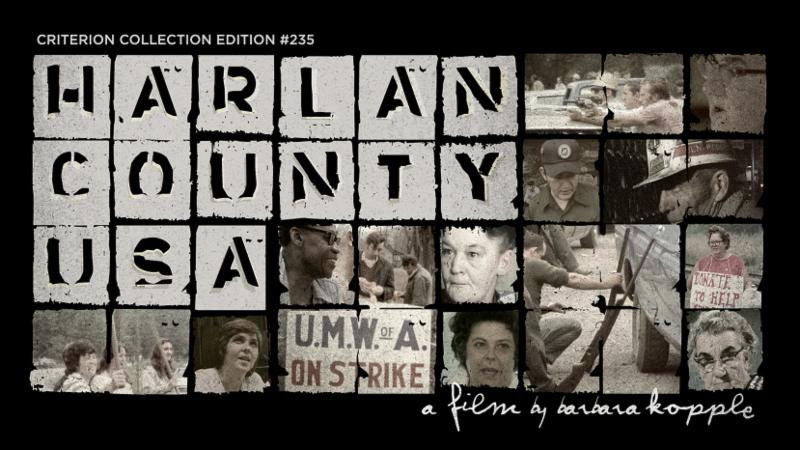
Harlan County USA: Edition #334
Barbara Kopple’s Oscar-winning Harlan County USA unflinchingly documents a grueling coal miners’ strike in a small Kentucky town. With unprecedented access, Kopple and her crew captured the miners’ sometimes violent struggles with strikebreakers, local police, and company thugs. Featuring a haunting soundtrack-with legendary country and bluegrass artists Hazel Dickens, Merle Travis, Sarah Gunning, and Florence Reece-the film is a heartbreaking record of the thirteen-month struggle between a community fighting to survive and a corporation dedicated to the bottom line. SUPPLEMENTAL FEATURES: an audio commentary by Kopple and editor Nancy Baker; The Making of “Harlan County, USA,” a documentary featuring interviews with Kopple, crew members and strike participants featured in the film; a video interview with legendary bluegrass singer-songwriter Hazel Dickens; never-before-seen outtakes from the film; and more.
Thursday, March 22

Art-House America: Northwest Film Forum, Seattle, Washington
All around the country, in big cities and small towns, independent art-house theaters are thriving hubs of moviegoing, each with its own story to tell. With this series, Criterion goes wherever film culture is happening and brings back brief documentary portraits of different local art houses along with a selection of films handpicked by their programmers. The latest episode pays a visit to Seattle’s Northwest Film Forum, where an innovative team, led by programmer and executive director Courtney Sheehan, has turned a grassroots movie theater into a vibrant venue for a wide range of visual culture, as well as live events, education initiatives, and political activism. The NWFF demonstrates the exciting possibilities of cinema as a folk art that can engage directly with the community, and its diverse programs have included showcases of Philippine cinema and films by local and indigenous filmmakers. The first entry in an ongoing series that NWFF will be programming on the Channel is Robinson Devor’s 2005 Police Beat*, a disarmingly surreal portrait of a West African immigrant who finds work in Seattle as a bicycle cop. Also available on the Channel are the previous episodes in the series, celebrating the Walter Reade Theater, in New York City, and the Gold Town Nickelodeon, in Juneau, Alaska.
*Premiering on the Channel this month.
Friday, March 23

Friday Night Double Feature: Who’s Afraid of Virginia Woolf? and A Married Couple
Marriage becomes an emotional battleground in these tightly focused studies of domestic discord. In 1966, Mike Nichols made his debut as a film director by bringing Edward Albee’s Broadway sensation to the screen, with celebrity couple Elizabeth Taylor and Richard Burton taking on the venomous leading roles. Allan King’s “actuality drama” A Married Couple (1969) is a revealing documentary about Billy and Antoinette Edwards, ex-bohemians struggling with the demands of marriage and the changing gender roles of the 1960s. Jaw-droppingly intense in its examination of marital conflict, King’s film finds just as much drama in a real couple’s daily life as Nichols does in Albee’s play.
Monday, March 26

Observations on Film Art No. 17: Narrative Motifs in Chungking Express
Wong Kar-wai’s Chungking Express (1994) captures the whiplash rhythms and tenuous connections of urban life in a bifurcated story that follows two heartsick Hong Kong cops (Takeshi Kaneshiro and Tony Leung) who cross paths at the Midnight Express take-out restaurant stand, where the ethereal pixie waitress Faye (Faye Wong) works. In this month’s episode of Observations on Film Art, a Channel-exclusive series that takes a look at how great filmmakers use cinematic devices and techniques, scholar David Bordwell isolates the recurring motifs that wind throughout the film and shows how Wong uses them to unite the story’s seemingly unrelated halves.
Monday, March 26

Frownland*
Since its under-the-radar release in 2007, Ronald Bronstein’s directorial debut has become a touchstone of contemporary independent cinema, admired by a generation of young filmmakers and winning rapturous praise from influential publications like Cahiers du cinéma for its uncompromising vision. Centering on the cringeworthy misadventures of a neurotic and staggeringly inarticulate coupon salesman (a remarkable Dore Mann), this character study is a bleak but unforgettable New York story-one that anticipates later works by filmmakers such as Josh and Benny Safdie, with whom Bronstein has gone on to collaborate as an actor and writer.
*Premiering on the Channel this month.
Tuesday, March 27
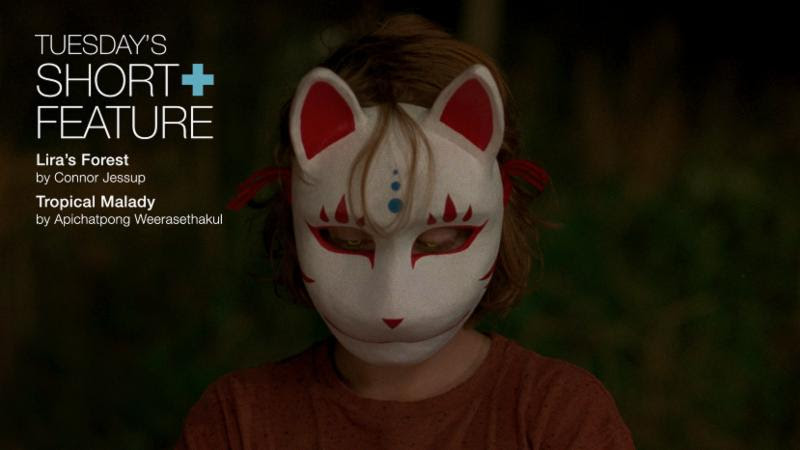
Tuesday’s Short + Feature: Lira’s Forest* and Tropical Malady
Animal spirits enact rituals of love and death in this pair of sylvan fables by the director and the subject of this month’s new Meet the Filmmakers episode, Connor Jessup and Apichatpong Weerasethakul. Jessup’s short Lira’s Forest (2017) follows an ailing woman who receives a visit from a mysterious spirit and undergoes an otherworldly transformation. Apichatpong’s Tropical Malady (2004) follows the tender romance that blossoms between two young men in the Thai countryside, then plunges into the jungle where their love story is reconfigured as the tale of a hunter’s search for a legendary tiger. Also on the Channel, Jessup, a devoted student of Apichatpong’s beguiling approach to cinema, profiles the Thai master in this month’s installment of Meet the Filmmakers.
*Premiering on the Channel this month.
Wednesday, March 28
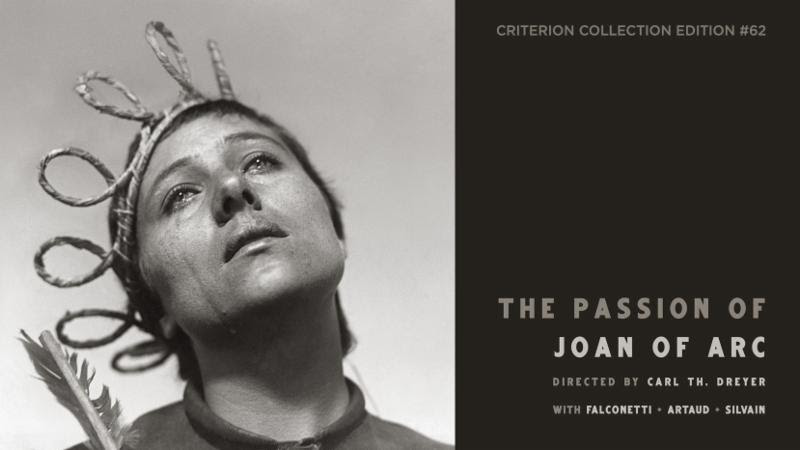
The Passion of Joan of Arc: Edition #62
Spiritual rapture and institutional hypocrisy come to stark, vivid life in one of the most transcendent masterpieces of the silent era. Chronicling the trial of Joan of Arc in the hours leading up to her execution, Danish master Carl Theodor Dreyer depicts her torment with startling immediacy, employing an array of techniques-expressionistic lighting, interconnected sets, painfully intimate close-ups-to immerse viewers in her subjective experience. Anchoring Dreyer’s audacious formal experimentation is a legendary performance by Renée Falconetti, whose haunted face channels both the agony and the ecstasy of martyrdom.
SUPPLEMENTAL FEATURES: three scores: Richard Einhorn’s Voices of Light, one by Goldfrapp’s Will Gregory and Portishead’s Adrian Utley, and one by composer and pianist Mie Yanashita; an audio commentary from 1999 by film scholar Casper Tybjerg; an interview from 1995 with actor Renée Falconetti’s daughter and biographer, Hélène Falconetti; and more.
Thursday, March 29
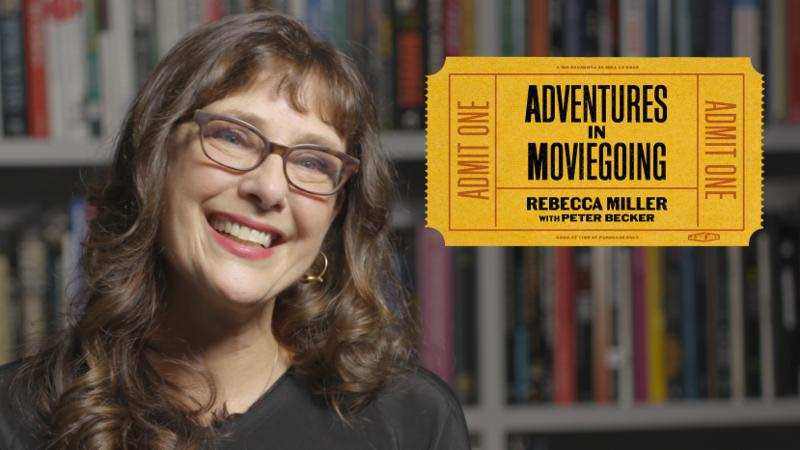
Adventures in Moviegoing with Rebecca Miller
Filmmaker, visual artist, actor, and novelist Rebecca Miller sat down with us to share a personal history of moviegoing that stretches back to childhood. Miller’s parents, playwright Arthur Miller and photographer Inge Morath, initiated her into art-house cinema at an early age, fostering the eclectic taste that would go on to inform her creative life. Miller is fascinated with movies that stay anchored in emotional realism while violating the codes of naturalism. Here she explains how her work in various art forms has influenced her filmmaking, and selects a series of favorites that speak to her abiding interest in evoking psychic states on-screen, including John Cassavetes’s Opening Night, Agnès Varda’s Vagabond, and Jane Campion’s Sweetie.
Thursday, March 29
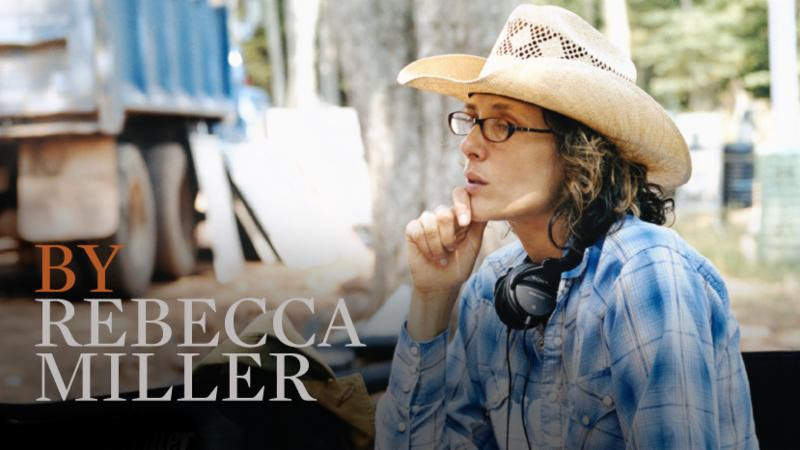
By Rebecca Miller
The subject of this month’s Adventures in Moviegoing, writer-director Rebecca Miller transitioned from visual art to filmmaking with her 1995 directorial debut, Angela, a haunting tale of a young girl who retreats into her fantasies to cope with her emotionally volatile mother. Miller’s vivid evocations of complex psychological states are a hallmark of her subsequent features, including the 2005 drama The Ballad of Jack and Rose, a devastating look at the twilight of the 1960s counterculture in which Daniel Day-Lewis plays a Scottish farmer whose discovery of new love throws his intensely close relationship with his teenage daughter into chaos.
*Premiering on the Channel this month.
Friday, March 30
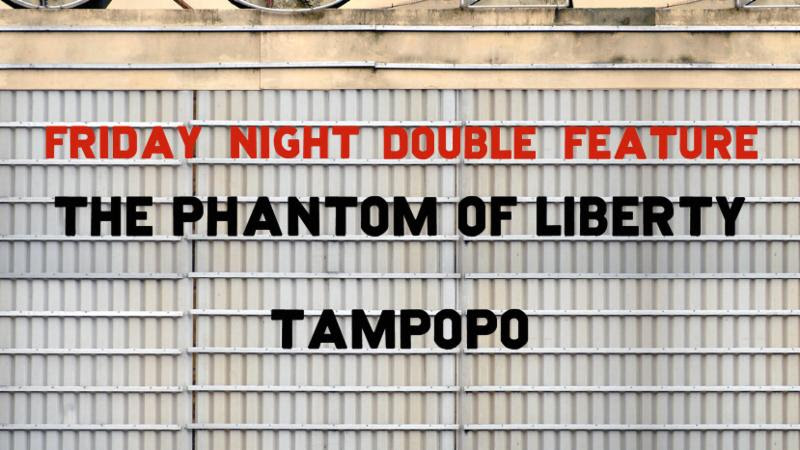
Friday Night Double Feature: The Phantom of Liberty and Tampopo
When Juzo Itami set out to make a movie about human appetite and culinary culture, he couldn’t figure out how to string together the episodes he had imagined, until he remembered The Phantom of Liberty, which struck him as “the kind of film where the last thing of the scene before leads to the next event-that kind of quick-change thing.” Luis Buñuel’s penultimate film is an audacious satire of bourgeois norms, from the hypocrisy of conventional morality to the arbitrariness of social arrangements, as told through a series of non sequiturs. Inspired by Buñuel’s “quick-change” structure, Itami interspersed the story of Tampopo’s eponymous heroine with the erotic exploits of a gastronome gangster and a string of standalone skits, spicing the broth of his “ramen western” with comic flavor.
Complete list of films premiering on the Criterion Channel this month:
March 6
- Art, Adrian Sitaru, 2014
March 13
- Home, Daniel Mulloy, 2016
March 14
- Science Is Fiction: 23 Films by Jean Painlevé
March 19
- Frownland, Ronald Bronstein, 2007
March 20
- The Colour of His Hair, Sam Ashby, 2017
March 22
- Police Beat, Robinson Devor, 2005
March 27
- Lira’s Forest, Connor Jessup, 2017
March 29
- Angela, Rebecca Miller, 1995
- The Ballad of Jack and Rose, Rebecca Miller, 2005


